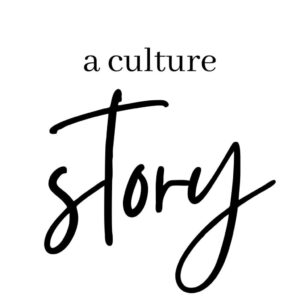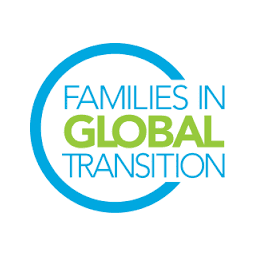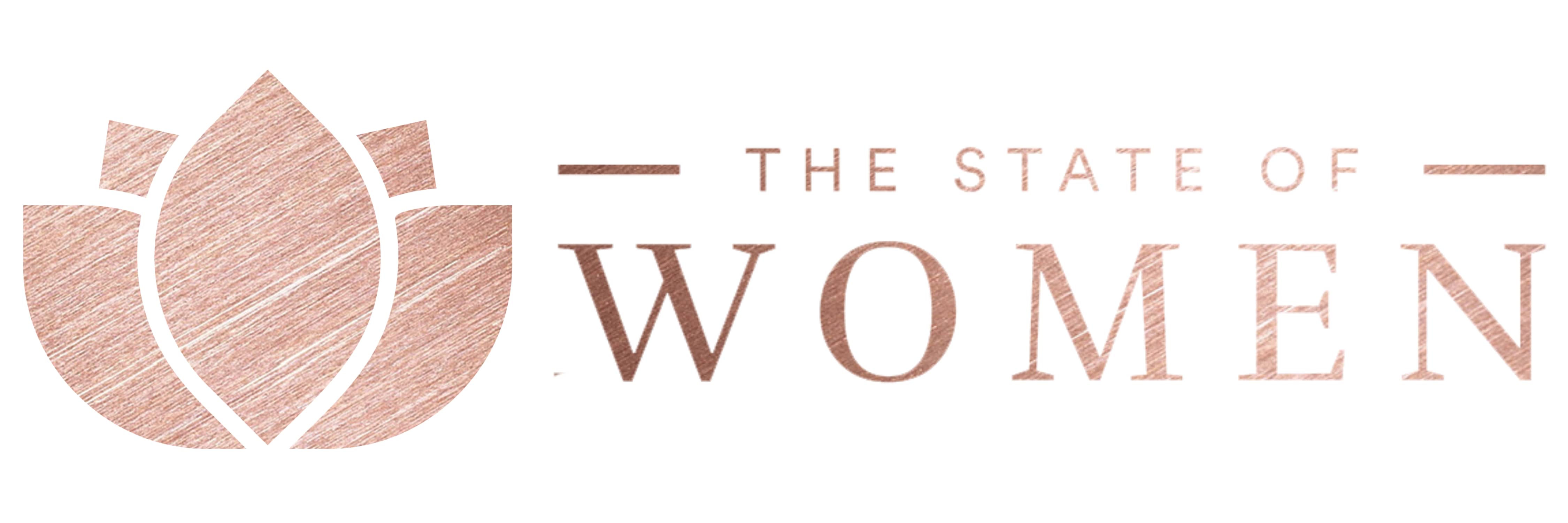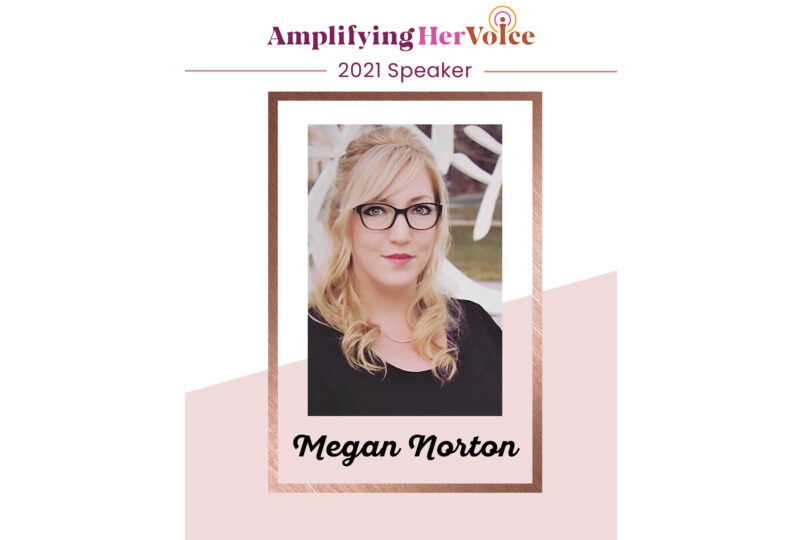Megan Norton knows the importance of amplifying voices and understanding the beauty, power, and complexity in different perspectives—especially when it comes to diverse, cross-cultural lives with uniquely global needs and virtues, and the world-spanning understanding and experience those perspectives offer.
 Norton is an intercultural trainer and researcher focusing on trends in transnational higher education and their influence on intercultural relations. She’s also the host and creator of the podcast “A Culture Story.”
Norton is an intercultural trainer and researcher focusing on trends in transnational higher education and their influence on intercultural relations. She’s also the host and creator of the podcast “A Culture Story.”
As the daughter of a former U.S. diplomat, Norton has lived in 10 different countries and five U.S. states, has visited over 30 countries, and considers herself as a global nomad. She also identifies as a “third-culture kid”: a term for people who grew up in a culture other than that of their parents or nationality, who often moved around frequently, creating a “third” culture of their own.
Norton deepened her knowledge with a focus on researching third-culture kids, intercultural communication and relations, marketing, and transnational education; and has used her expertise and experience to design programming for globally mobile students and third-culture kids. She spoke about working with the children of diplomats, immigrants, refugees, missionaries, and others and touched on issues like identity, belonging, and more; during the “Radical Collaboration for Girls” panel discussion at Amplifying Her Voice: In Moms We Trust.
She’s returning next week for Amplifying Her Voice: Stronger Together, but first we wanted to pass on some thoughts she shared before the first summit: discussing the perspective of third-culture kids, the interconnected nature of the world, the importance of resources to aid in transition for everyone, the role women play in creating and sustaining dialogue about equality and justice, and more.
What inspired you to join Amplifying Her Voice? What do you hope to share with the world?
I am inspired by this movement and community who are keen to share wisdom, resources, tools, and strategies to invest in each other and the next generations of global citizens. I hope to share my perspective of having grown up across cultures as a third-culture kid (TCK). There is a need for families to invest in emotional and mental health as we are all experiencing transition this year. As a TCK consultant and mentor, I work with cross-cultural families to talk about identity, belonging, and grief.
What most drives and motivates you each day?
I love seeing the growing public voice of people who advocate for justice, peace, increased understanding, and care for our interconnected and globalized world.
Who is your role model, and why?
I have several! One of them is Brené Brown, because of the way she shares important perspectives, research, and strategies to lean into vulnerable, authentic, and transformational conversations.
 What cause, company, group, or movement are you a part of that you would like to share with us?
What cause, company, group, or movement are you a part of that you would like to share with us?
I am a part of several third-culture kid movements and groups, which highlight the need for increased awareness and resources for TCKs and their families to transition well. Families in Global Transition is an organization and network that offers several resources for parents and caregivers, TCKs, educators, HR professionals, and researchers who are interested and invested in supporting TCKs.
What do you think are some of the most pressing issues facing moms, families, and caregivers today?
Some of the most pressing issues include how to create space to talk about “hard stuff” and to process loss and grief in and through transition and how to integrate holistic wellbeing—including mental, emotional, physical, and spiritual. Health is a tricky balance sometimes, with so much change in scheduling, socializing, and cultivating belonging.
How do you think issues like poverty, violence, racism, oppression, and inequality intersect with motherhood and with being a woman?
It depends on the geographical location, socioeconomic status, identity markers, and comfort to discuss these important topics. There are increasingly more forums for dialoguing and discussing, and I think women play a significant part in founding, facilitating, and sustaining those spaces.
How do you feel being a mother is different now than it was in the past? What do you hope will change in the future?
I am not a mother (yet). However, I think for every woman we have an innate purpose and passion for nurturing and connecting. I hope that in the future there is more collaboration, recognition, and celebration for women of all ages for the way they invest their time, talent, and perspectives into creating greater cultural awareness and understanding.
What is the best advice you’ve received?
Eat something green every day. (Green gummy bears do count, in moderation.)
What is something you would like to share with the next generation?
You are change agents and equipped to listen more deeply, actively, and carefully because you are more value-consistent than any other generation.
Who inspired you as a child or young person, and how do you work to inspire the next generation now?
My own mom inspired me as a child. Having grown up as a third-culture kid herself, she modeled what it meant to have emotional wellness in and through uncertainty and transitions. So, as a second-generation third-culture kid myself, I want to inspire the next generation to lean into spaces and places that take you outside of your comfort zone to learn about others and their ways of being and doing.
What do you think is the most important thing for women to keep in mind in terms of caring for themselves?
Self-care is not always about bubble baths, pedicures, and cupcakes. Self-care is about self-discipline, scheduling in breaks, meditating throughout the day, affirming and empowering other women, and knowing when to say “no” to others and “yes” to self. Protect your boundaries and use your most precious resource—time—wisely.
What are your views on “work-life balance” for women? How should women handle the obligations of both professional and family life, and what messages does it send to the next generation?
I think it’s not a matter of “balance” but a matter of “integration.” With the work-from-home life, it’s important to have set spaces and places for work and others for play. It’s important to have clear boundaries of when to unplug from work and plug into play.
What advice would you like to share with girls and women looking to achieve their dreams and lift up one another?
Collaborate over compete. To achieve your dreams, you need to have mentors, take breaks to prevent burnout, and enjoy the journey. Sometimes it’s more important to be journey-oriented than goal-oriented.
Empowered women empower women.
”
See Norton again at Amplifying Her Voice: Stronger Together, when we’re joining forces with leading men and dads in various fields in honor of Father’s Day. Norton will join the panel discussion “Empowering Our Youth for the New Digital Economy.” Click here to sign up now.



